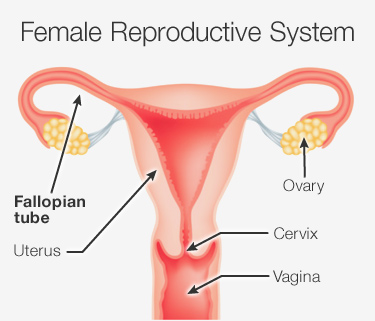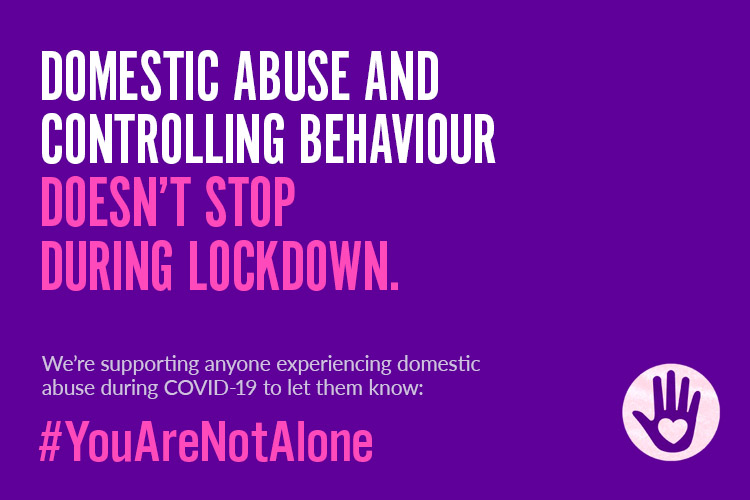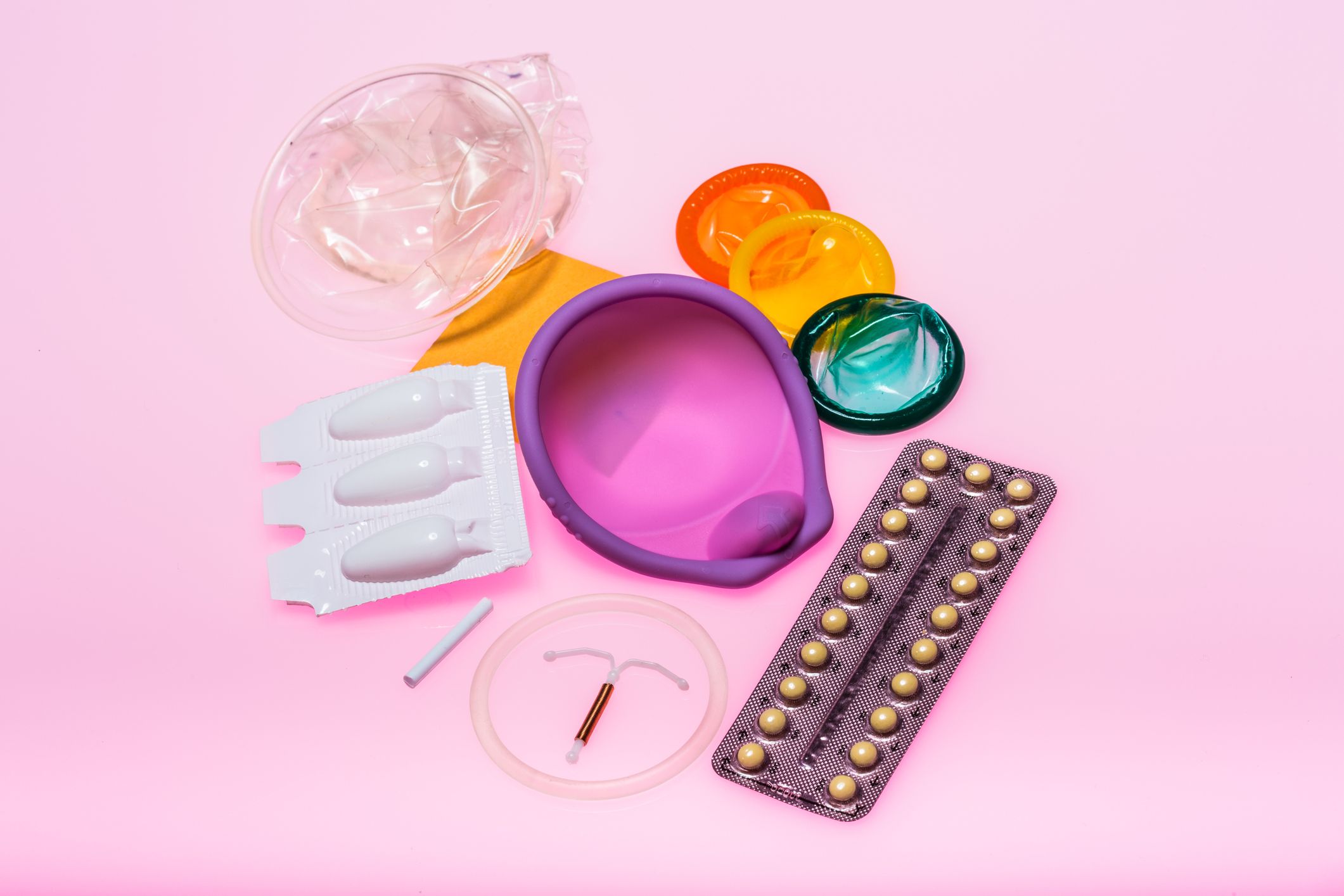Ovulation pain, commonly referred to as mid-cycle pain, is pain that occurs in the pelvis or lower abdomen during ovulation. The medically correct term for ovulation pain is Mittelschmerz which comes from the German words for “middle” and “pain”.
This pain occurs in about 20% of females in-between menstrual periods, about 2 weeks before a period is due. The pain can occur on either side of the lower abdomen, depending on which ovary is producing an egg. Only one ovary produces an egg each menstrual cycle. Therefore, the pain can swap sides each month.
What causes ovulation pain?
Ovulation pain is thought to be caused by either follicular enlargement or bleeding. Ovaries have follicles – small sacs – inside them which contain eggs. Before ovulation, a follicle expands and stretches the ovary, causing pain. When the egg is mature it bursts from the follicle, causing slight bleeding, which can irritate the abdominal lining and cause pain at ovulation.
The pain is typically mild but can range from sharp and severe and last for a couple of minutes or a couple of hours. If you are on a form of hormonal contraception that prevents ovulation, like the combined oral contraceptive pill, you should not experience ovulation pain, as you should not be ovulating.
How do I know if the pain I am experiencing is linked to ovulation?
Ovulation pain will let you know that you body is ovulating. Usually the pain or discomfort does not mean that there is anything wrong, however, severe pain could be a symptom of a more serious condition. So if the pain is severe, lasts for more than 48 hours, is different to what you usually experience, or is associated with any other worrying symptoms like vaginal bleeding, see your doctor. Severe or prolonged pain could be symptoms of conditions such as ovarian cysts, endometriosis, pelvic inflammatory disease, salpingitis (inflammation of the fallopian tubes), ectopic pregnancy, or appendicitis.
When you see your doctor they will ask you questions to help them figure out what is causing your pain, including questions about your sex life. They may want to examine you, and may want to perform an internal pelvic examination. You may be asked for a urine sample, ultrasound, or swabs from your cervix. There is no investigation to diagnose ovulation pain, but tests can be done to exclude other causes of the pain.
Once you are sure that the pain is just ovulation pain and not anything else, you can manage it with over the counter paracetamol or ibuprofen, hot water bottles or heat packs, or hormonal contraception to prevent ovulation.
Can I rely on ovulation pain to avoid pregnancy?
Relying on ovulation pain to help plan or avoid pregnancy, is NOT a reliable method. Chances of conception are high if a couple have sex in the days before, during and after ovulation, therefore, relying on ovulation pain alone if you are trying to avoid pregnancy is not advisable.
Always use other methods of birth control if you have sex and do not want to fall pregnant.




